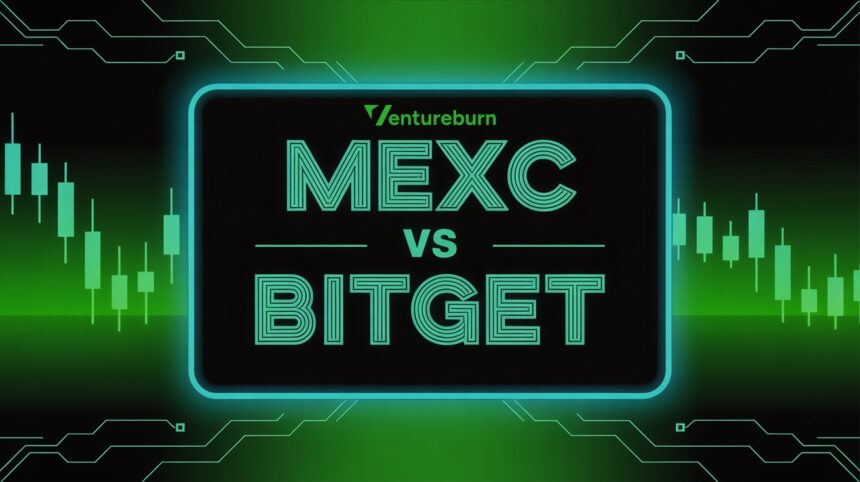In the competitive world of cryptocurrency exchanges, choosing the right platform can significantly impact trading experiences and outcomes. Two prominent names vying for the spotlight are MEXC and Bitget, both established in 2018 and headquartered in Seychelles. Although they offer comparable services such as spot and derivatives trading, each has carved a distinct niche in the market.
MEXC is renowned for its extensive cryptocurrency offerings, boasting more than 2,600 trading pairs and supporting over 1,800 digital assets. This exchange has built a reputation for listing an array of altcoins early, often before they appear on rival platforms. Users can enjoy leverage as high as 500x on certain pairs, making MEXC particularly appealing for traders seeking to maximize their position sizes. The platform emphasizes security, providing bi-monthly Proof of Reserves updates and maintaining an Insurance Fund for user deficits. As of October 2025, MEXC has attracted over 40 million users from 170 countries.
On the other hand, Bitget has emerged as a leader in the realm of copy trading and derivatives markets. With a focus on user experience, Bitget is designed to cater to both novice and experienced traders, featuring robust trading tools and innovative solutions. The platform hosts a significant community of over 400,000 copy traders and offers advanced AI trading bots, making it attractive for users who prefer automated trading strategies. Bitget’s ecosystem has grown to include a Launchpad, an NFT marketplace, and varied earning products, enhancing its appeal to a broader audience.
When comparing features, MEXC excels with its lower fees, particularly in spot trading, where it charges 0% maker fees and 0.01% taker fees. In contrast, Bitget’s fees for spot trading start at 0.1% for both makers and takers. However, Bitget’s fee structure is still competitive, especially in the realm of futures trading, where it offers a range of derivatives, including USDT-M futures and cross-margin options.
The supported cryptocurrencies reveal a decisive advantage for MEXC, supporting almost 1,848 coins and significantly more trading pairs than Bitget, which offers 761 coins and 1,341 trading pairs. This broader selection allows traders utilizing MEXC greater opportunities for strategic trading. MEXC’s high liquidity levels further contribute to its user-friendly experience, enabling faster transactions with smaller price spreads.
Security remains a paramount concern for users. Both MEXC and Bitget employ robust measures, including cold storage and two-factor authentication (2FA). However, Bitget stands out with a larger protection fund, amounting to over $800 million, coupled with its strong focus on compliance and collaboration with regulatory agencies.
In terms of user experience, both platforms provide intuitive interfaces, but they cater to different preferences. MEXC’s design is clean and straightforward, appealing to users favoring simplicity. Conversely, Bitget offers a feature-rich mobile app that enhances accessibility, particularly for those keen on complex trading options.
Customer support is another critical factor for traders. While both exchanges offer live chat, users have reported that Bitget has more responsive customer service, making it a noteworthy option for those needing immediate assistance.
Prospective users should also consider the referral and affiliate programs available on both platforms. MEXC’s program provides substantial rewards, such as up to $10,000 in sign-up bonuses, alongside significant trading fee discounts. Bitget also offers competitive bonuses but at a relatively lower tier, capping at $1,530.
In conclusion, the choice between MEXC and Bitget largely hinges on individual trading preferences. MEXC shines as a go-to for those interested in a plethora of altcoins and seeking minimal trading fees, especially for spot trading. Meanwhile, Bitget stands out for users focusing on copy trading and derivatives, offering extensive future trading capabilities and enhanced user support. Both platforms boast strong security measures and a flourishing ecosystem, ensuring that traders can find a suitable venue to embark on their cryptocurrency ventures.







